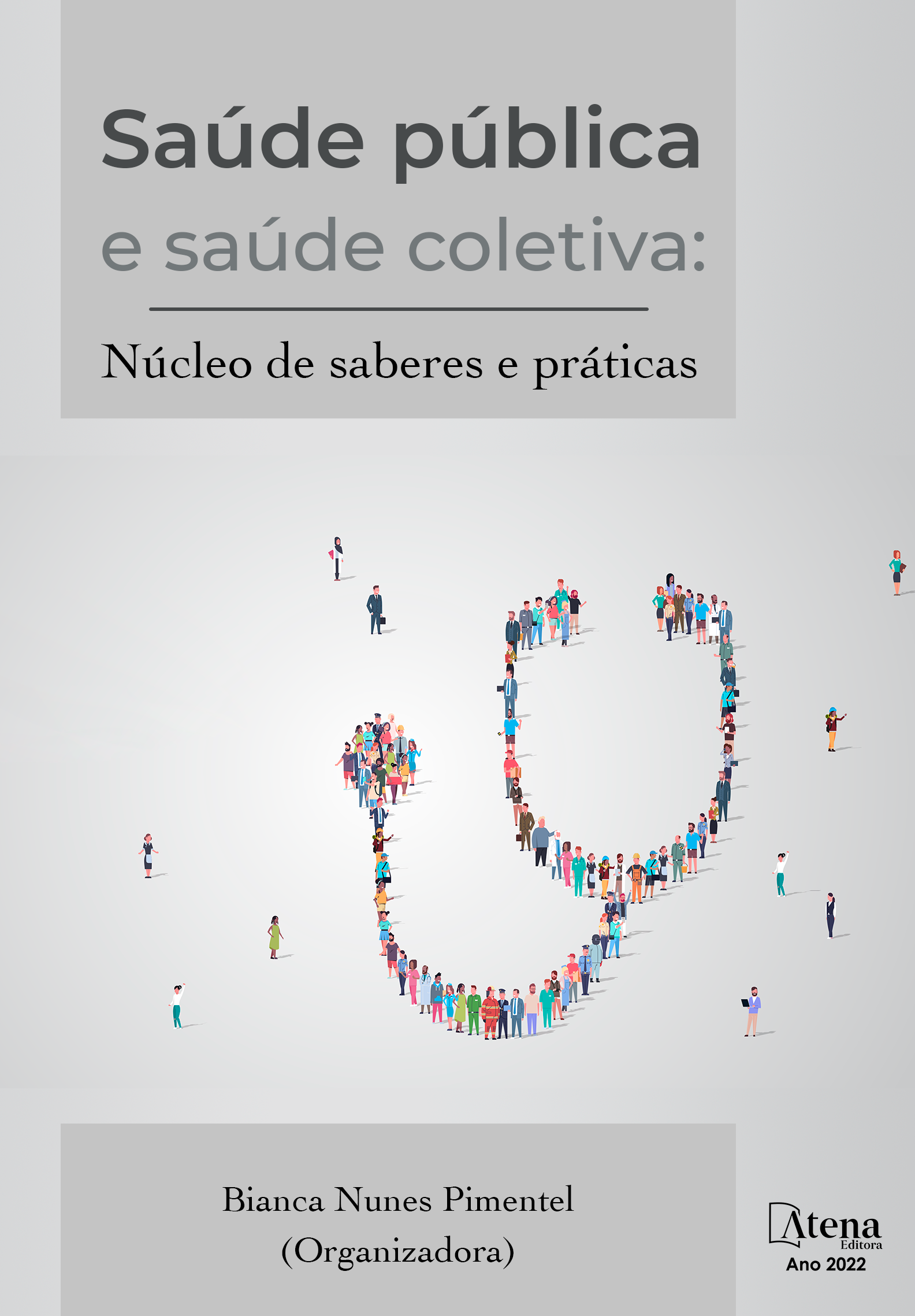
National Worm Campaign: Impact and analysis ofinfection with soil-transmitted helminthesamong schoolchildren in the city of Belém, Pará, Brazil
Visando ao fortalecimento das ações de vigilância das geohelmintíases, o Ministério da Saúde propõe desde 2013, a realização da Campanha Nacional dos Geo-helmintos que preconiza o tratamento preventivo e coletivo com um comprimido de Albendazol de 400mg em crianças de cinco a 14 anos das escolas públicas dos municípios brasileiros. O objetivo deste estudo foi determinar o perfil epidemiológico das infecções por geo-helmintos nos escolares abrangidos pela Campanha Nacional de Verminoses no município de Belém, Pará em 2016. Tratou-se de um estudo descritivo, documental, de abordagem quantitativa utilizando dados secundários de resultados de exames de fezes antes, um mês e doze meses após tratamento, obtidos do Sistema de Informação do Programa de Vigilância e Controle da Esquistossomose (SISPCE) disponibilizados pela Secretaria Municipal de Saúde (SESMA) do estado do Pará. Os participantes foram alunos de cinco a 14 anos da rede pública de ensino fundamental do Distrito Administrativo do Guamá (DAGUA), abrangidos e tratados como preconizado pela campanha com um comprimido de Albendazol de 400mg. Os achados neste estudo mostraram que crianças com idade entre cinco a 9 anos são as mais acometidas pelos geo-helmintos e que os escolares do sexo masculino, uma vez tratados e curados para as geo-helmintíases estes tem três vezes mais chances de se reinfectarem após um ano. No presente estudo confirmamos que a campanha nacional de geo-helmintíases é uma importante estratégia capaz de controlar as infecções por geo-helmintos, já que consegue curar as infecções por Ascaris lumbricoides. No entanto, uma única dose de albendazol mostra pouca eficácia para as infecções por T. trichiura nos escolares.
National Worm Campaign: Impact and analysis ofinfection with soil-transmitted helminthesamong schoolchildren in the city of Belém, Pará, Brazil
-
DOI: 10.22533/at.ed.55122020512
-
Palavras-chave: Geo-helmintos; verminoses; escolares; belém
-
Keywords: Soil transmitted helminthes, Schoolchildren, National worm campaign, Brazil
-
Abstract:
To strengthen soil-transmitted helminth infections surveillance,the Ministry of Health proposedthe National Soil-transmitted HelminthesCampaign in 2013, which advocates the preventive and collective administration of 400 mg albendazole in children aged 5–14 years in public schools in Brazilian municipalities. This study assessed the epidemiological profile of soil-transmitted helminth infections in schools covered by the National Worm Campaign in the municipality of Belém, Pará in 2016. This descriptive documentaryused a quantitative approach based on secondary data from the results of stool examinations performed before and1 and 12 months after treatment. These data were obtained from the Information System of the Schistosomiasis Control Program (Sistema de Informação do Programa de Vigilância e Controle da Esquistossomose, SISPCE) provided by the Municipal Secretariat of Health (Secretaria Municipal de Saúde, SESMA) of Pará. The participants, students aged 5–14 years,in public elementary schools in the administrative district of Guamá (DAGUA), were treated with 400 mg albendazole as recommended by the campaign. The findings revealed that children aged 5–9years were the most affected by soil-transmitted helminths and that male schoolchildren treated and cured of soil-transmitted helminths had a 3-foldhigher risk of reinfection after 1 year. We confirmed that the national soil-transmitted helminth campaign is an important strategy for the control of soil-transmitted helminth infections, as it can cure Ascaris lumbricoides infections. However, single-dose albendazole shows low efficacy against Trichuris trichiura infections in schoolchildren.
-
Número de páginas: 13
- Ricardo José de Paula Souza e Guimarães
- MARTIN JOHANNES ENK
- SHEILA PAULA DA COSTA PRESTES


